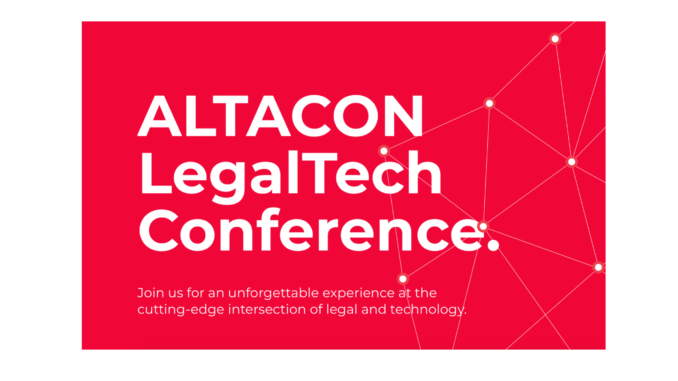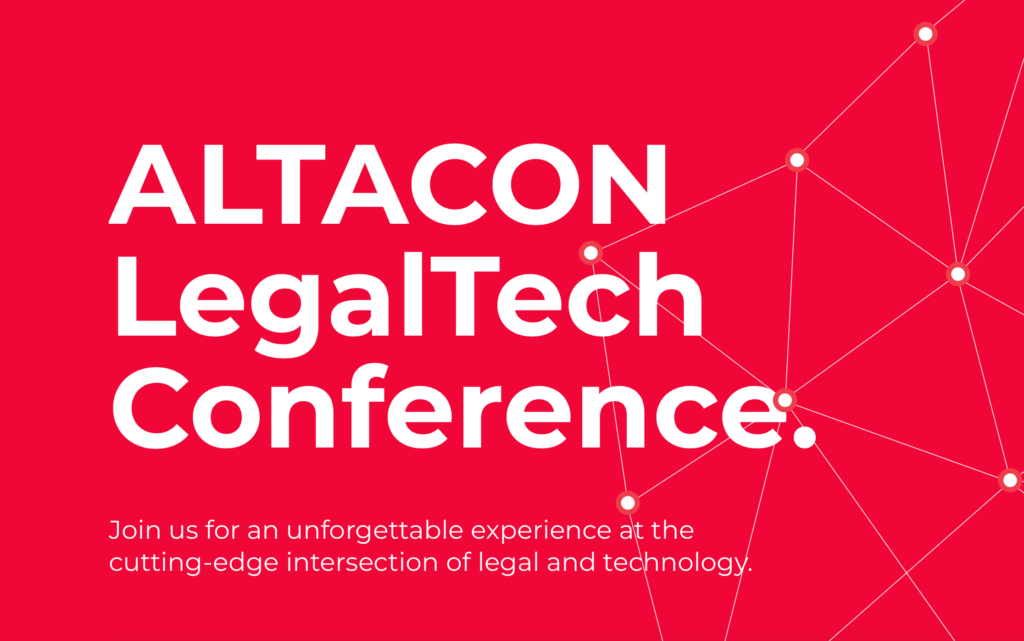
Four legal tech startups have been named as the finalists of the Australian Legal Technology Association’s (ALTA) pitch competition, showing a diversity of practical applications and just how the world of legal innovation in the country is thriving.
As part of its inaugural legal and technology conference, ALTACON, which will be held in Melbourne on 31 May, the organisation asked homegrown startups that had not accepted institutional funding and who had received less than $100,000 in seed funding, to pitch to see which would be crowned the winning application. Four finalists have now been chosen.
The finalists will present their pitch during the final session at ALTACON, with the winner judged by an experienced panel, including a partner from global law firm, Herbert Smith Freehills.
- Jonathan Lay, Vice President, Macquarie Venture Capital Group
- Oonagh McEldowney, former GC & Startup Advisor, Muru-D
- Ben Hensman, Senior Associate, Square Peg Capital
- Peter Dunne, Partner, Herbert Smith Freehills
- Niels Maartens, Chief Commercial Officer, YBF Ventures & member of Law Tech Hub.
‘ALTA’s mission is to foster the development of Australian legal technology,’ said Stevie Ghiassi, President of ALTA, and Founder of Legaler
‘We wanted to use ALTACON as a platform to showcase homegrown solutions and give early stage innovators an opportunity to present their ideas to the market alongside Australian legal tech entrepreneurs who are further along the start-up journey. We were thrilled with the response to our pitch competition and I am pleased to announce the four finalists,’ he added.
The four finalists, and some details about them, are below:
Pleader
Pleader is an extremely simplified word processor, designed specifically for pleadings and developed by Australian law firm Croftbridge.
Croftbridge Director and Lawyer, Tim Lethbridge explained that Pleader removes all the frustration and wasted time ordinarily associated with drafting pleadings and allows the legal team to focus on the law and to bill the client accordingly.
‘Pleader can be used by litigation lawyers around the world – templates for each jurisdiction will be built into the software,’ he said.
‘There is no similar software available – the vast majority of lawyers use Microsoft Word, which has substantial weaknesses when it comes to pleadings that can result in huge inefficiencies.’
Pleader is not intended to replace word processors, but rather to be available as an additional tool for these specific documents, he said.
—
Cynapse
Cynapse is an end-to-end solution which seeks to completely transform how stakeholders interact within a class action, and has been developed by a team of Monash University students.
According to team member, fourth year Commerce and Law student, Henry Wu, there is a strong disconnect between class action group members and their representative lawyers.
‘In a diverse pool of claimants, huge expenses are spent on experts to assess payouts for each unique claimant,’ he said. ‘This ultimately incurs costs and delay to the members’ final sum received.’
Cynapse will be positioned to resolve both of these issues through an end-to-end process, he said.
‘Using AI assistive technology, we will drastically reduce times taken during expert assessment, help lawyers better understand their plaintiff group, and increase engagement to claimants via live portal,’ he said.
Cynapse brings all stakeholders into one central place and, through harnessing technological innovations, increases the value of class actions as a tool for justice.
—
Hyra iQ helps automates high-volume high-value contract negotiation, for enterprise customers and their external law firms.
Founder & Chief Executive Officer, Alastair Blenkin, explained that Hyra iQ’s platform digitally transforms the contracting process – unlocking corporate knowledge and empowering individuals to complete complex negotiations.
‘Artificial intelligence algorithms detect and match historical responses from the customer’s playbook to incoming negotiation requests for rapid application and consistency at scale,’ he said.
‘With granular, real time visibility across your contract portfolio, people and geography, legal is transformed from a “black box” to a source of strength that empowers business decisions’
‘Fundamentally, reducing deal cycle times has a significant bottom line – a game changer for your business.’
—
Willbits
Willbits will help lawyers connect with the families of their clients in a secure and trusted way.
Founder Tobias Crush explained that Willbits will help families across Australia to solve commonly faced problems on the death of a loved one: Where is the will? How do we know it’s the most current one? Was the will made with due capacity?
‘Nobody wants to think about what happens after they die,’ he said. ‘When they do, there aren’t currently any verifiably safe ways of recording those wishes and then storing that document until that inevitable moment.’
‘Leveraging relationships within the legal sector and courts administration system, we will be creating an immutable register and storage environment that will not only safeguard a will against tampering and ensure that it will be found by those who need to know.’
–
Looks like an interesting group of startups, each tackling practical challenges in the legal sector, both at the corporate and commercial level, and also at the consumer level. Nice to see some of the startups tapping ML technology, and with Willbits looking like it’s using some type of blockchain application. While Pleader goes in the other direction and seeks to improve upon something as ubiquitous as Microsoft Word. Looking forward to seeing which one wins in Melbourne, 31 May.
—
Event info:
ALTACON features two concurrent streams on legal technology presented by international and national thought leaders and technologists working at the cutting-edge intersection of legal + technology.
You can get tickets for ALTACON here: register.
